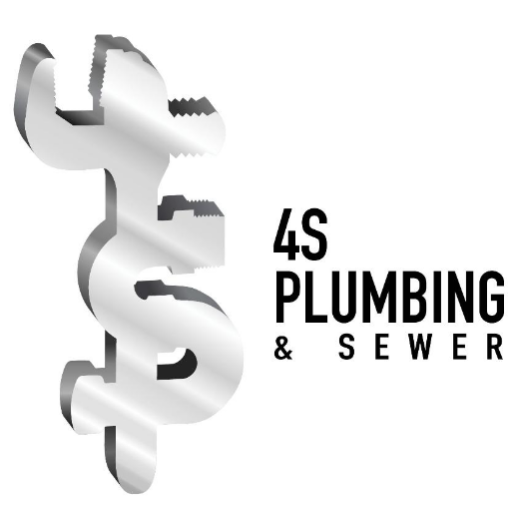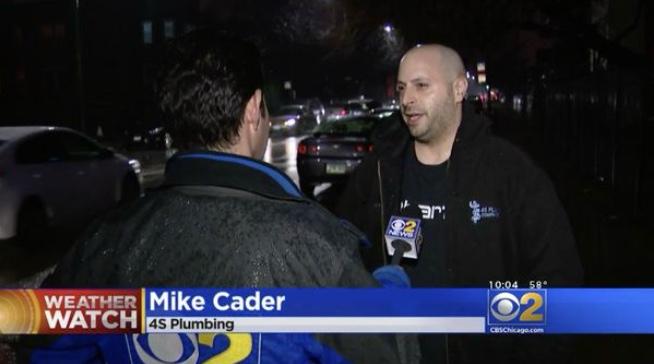Dan K.
Carrie G.
Request a Call Back
Frozen and Burst Water Pipes
During times of extreme freezing where the temperature drops to sub-zero for extended periods of time, the water pipes in your home or business may run the risk of freezing. When this happens, the pipes may freeze in a certain area restricting the flow of water throughout the line. If it is cold enough, the pipes can freeze throughout the entire line if nothing is done to thaw out the freezing water pipes. This in turn could run the risk of the pipes bursting and flooding the dwelling, thus causing significant and expensive damage. This will lead to costly repairs to the property which will ultimately require remediation, carpentry repairs, mold prevention, water removal, as well as the cost to repair the damaged plumbing and broken water pipes. Don’t let frozen pipes disrupt your life – contact us for expert solutions.
Got frozen water pipes? Call 4S Plumbing for same day emergency service!
If you find that your pipes are frozen, call 4S Plumbing immediately at 773-353-3050 to have the pipes thawed out professionally and safely. 4S Plumbers use specialized equipment that will quickly and safely thaw your pipes. Our plumbers use a machine that sends low voltage electricity throughout the water line evenly distributed so that the water line thaws out at all points of the line at the same time. This is the safest way to thaw frozen water pipes which runs the least amount of risk of your pipes bursting.
Will my water pipes burst when they are frozen?
When your water line freezes, the pipes expand. When the line thaws out, the pipes contract. This is the basic physics behind frozen water pipes. If you try to apply direct heat to a water pipes, it will cause the pipe to contract in that area only. This is what causes galvanized, steel, and copper pipes to burst. Do not allow a plumber, a handyman, or anyone for that matter; use a torch or apply direct heat (Including a space heater or torpedo heater) to a small area or section of the frozen water line. These procedures will run serious risk of the pipes potentially bursting and causing even greater problems and damages. The method applied by 4S Plumbers is the safest and fastest way to thaw frozen water lines and restore water to your property.
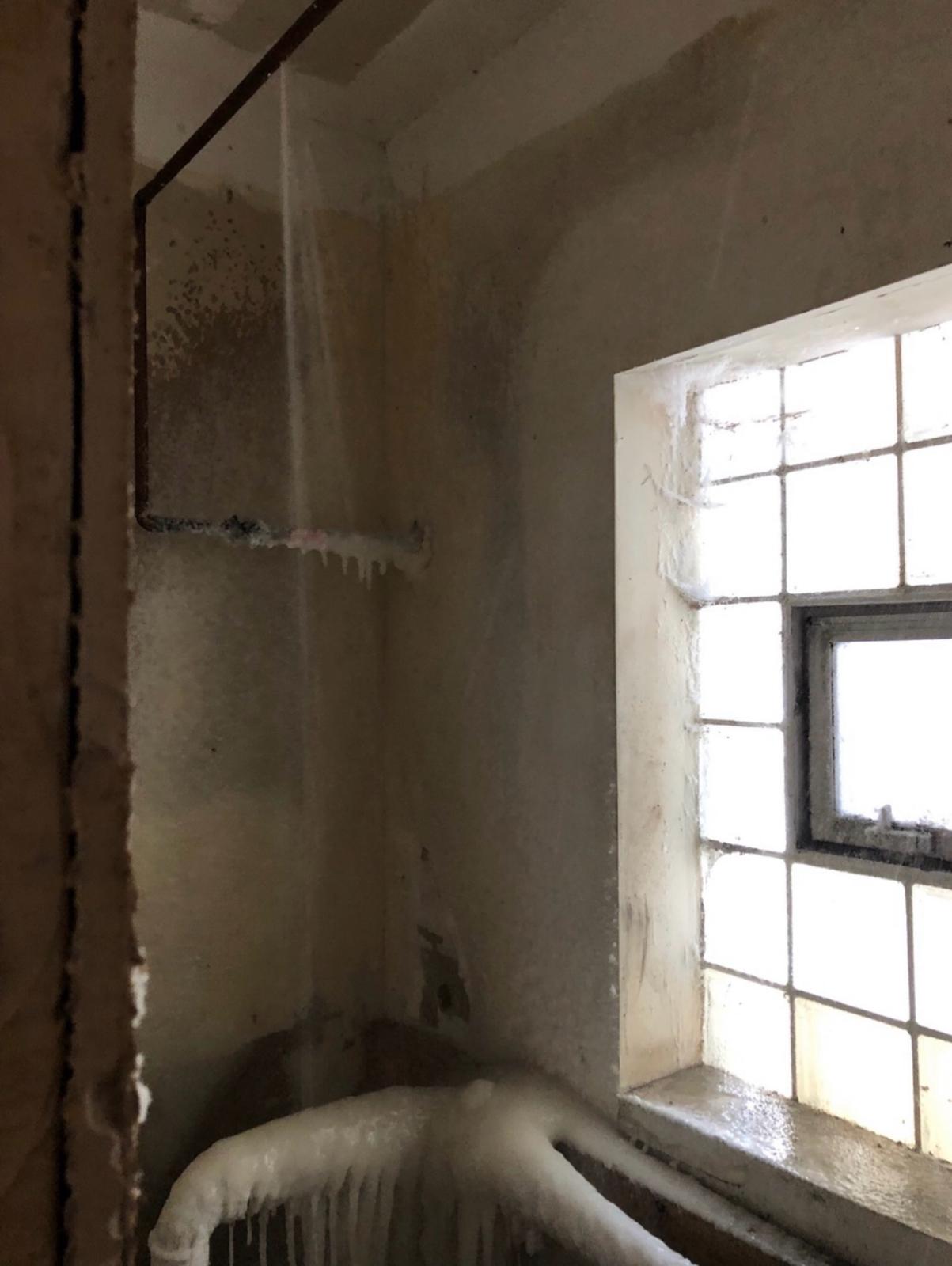
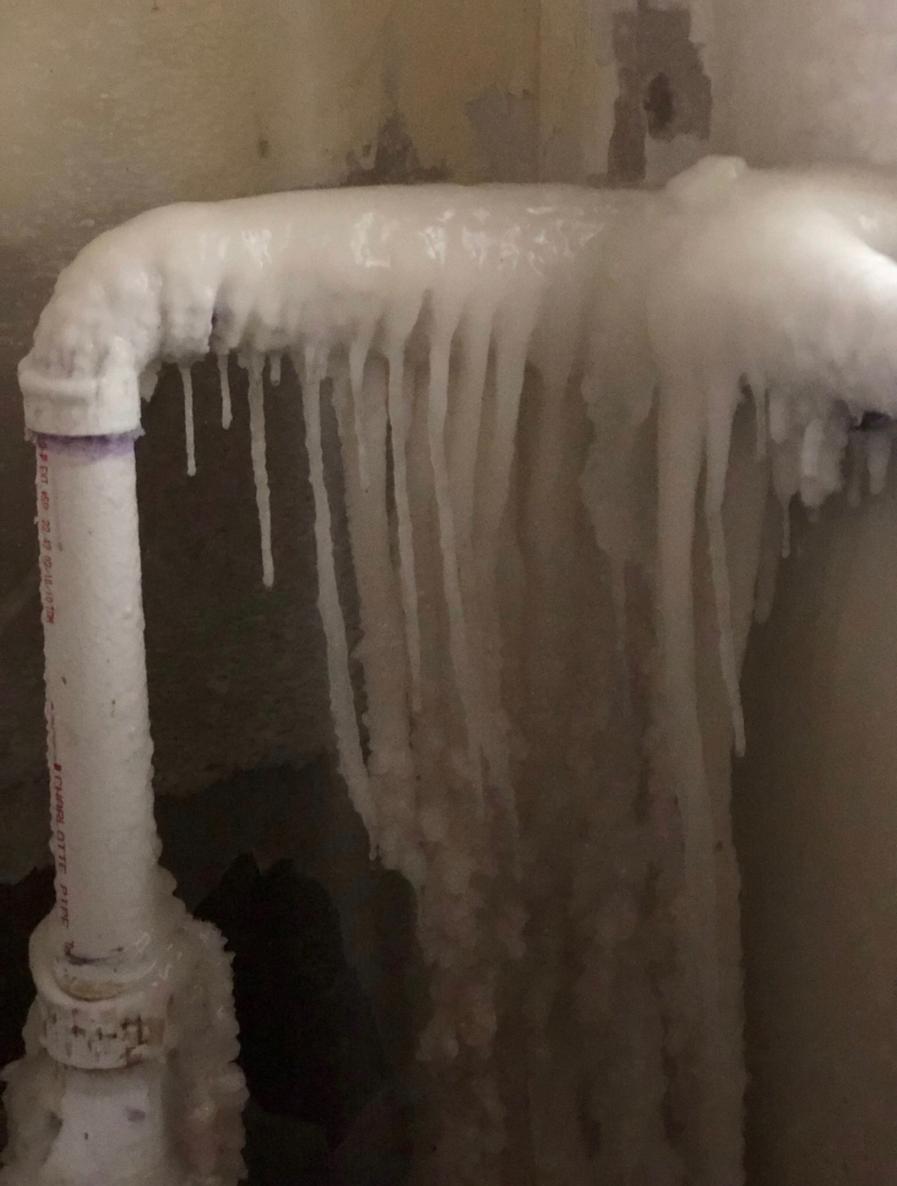
Can I thaw out my water pipes myself?
Do not try to thaw out your water pipes by yourself using the methods above. The best thing you could do on your own would be to turn up the heat in your property. If you do have space heaters to warm up a cold area of the property, place them in the center equidistant from all the water pipes so that the heat is distributed evenly and the pipes warm up at the same pace.
Should I allow my water line to thaw out on its own?
It is not recommended to try to let your frozen water line thaw out on its own. If the line freezes, there’s no for sure way to say how long it will actually take for the line to thaw out. Also, if the line stays frozen, there is a chance that it will freeze even more throughout the line running the risk of even greater problems. Keep in mind that if the line does start thawing out on its own, it will likely thaw out unevenly and certain sections of the line will thaw out faster that others. When this happens, the water line will expand and contract unevenly thus creating the likelihood that the pipe will burst at some point if not on multiple sections of the line, thus leading to many costly repairs that could have been avoided. The best suggestion would be to call 4S Plumbing to come out and thaw out your line properly to save yourself from costly damage and repairs.
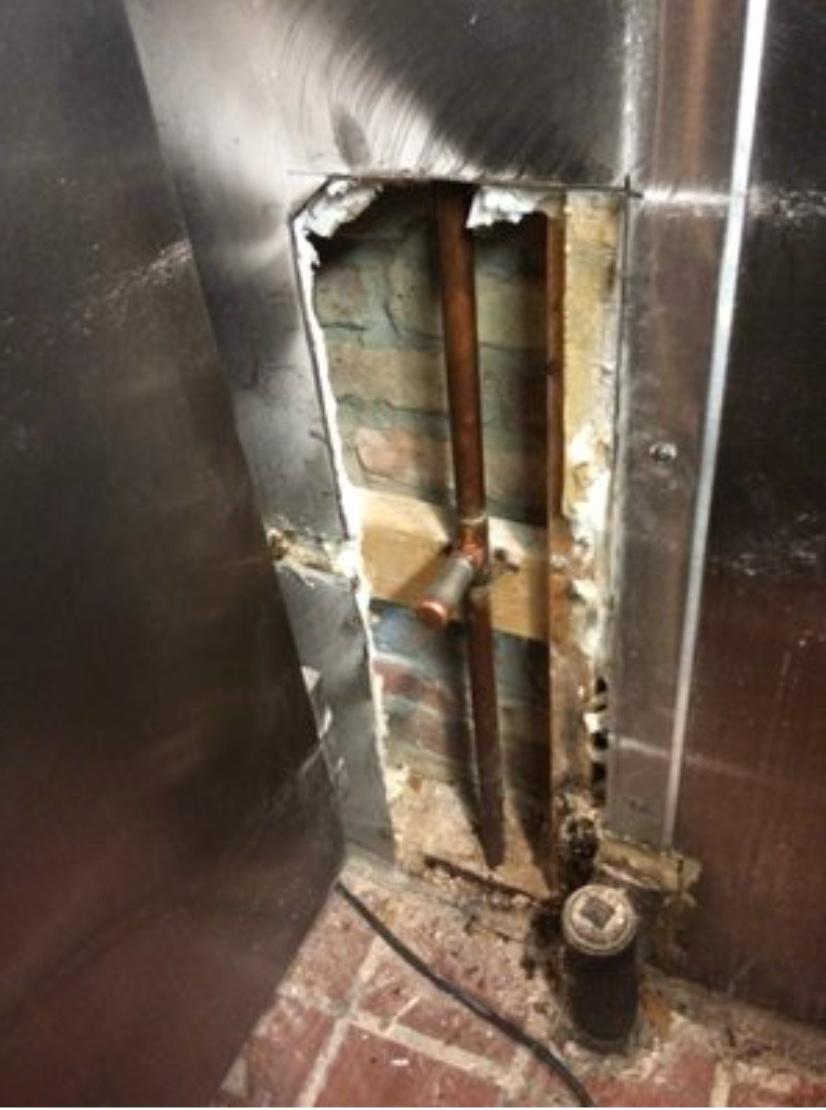
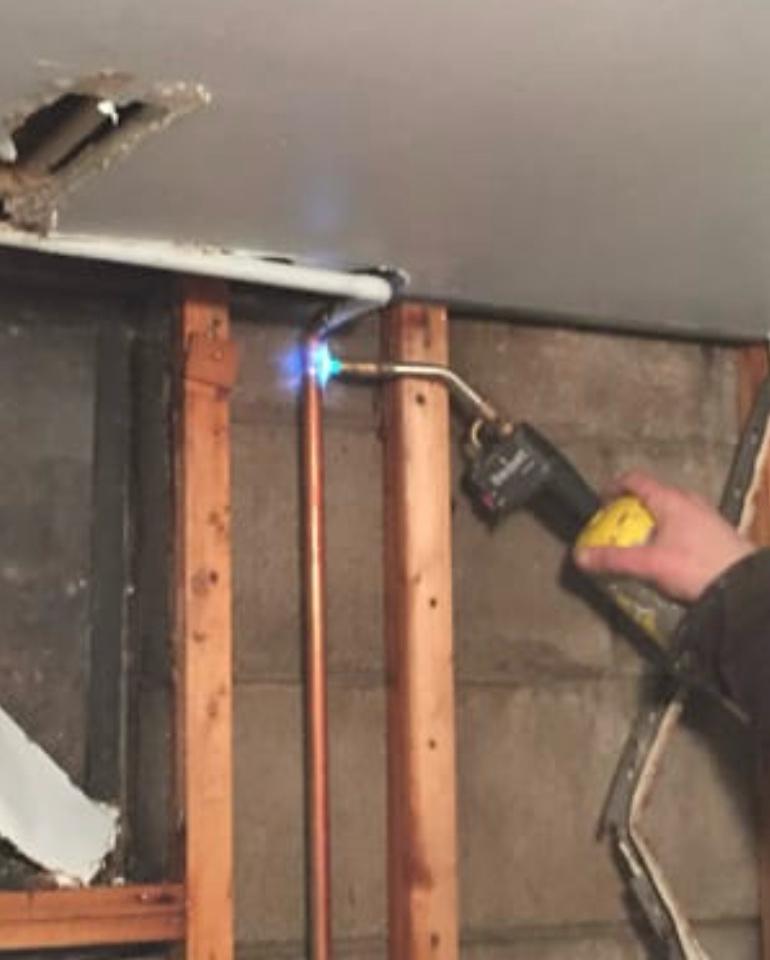
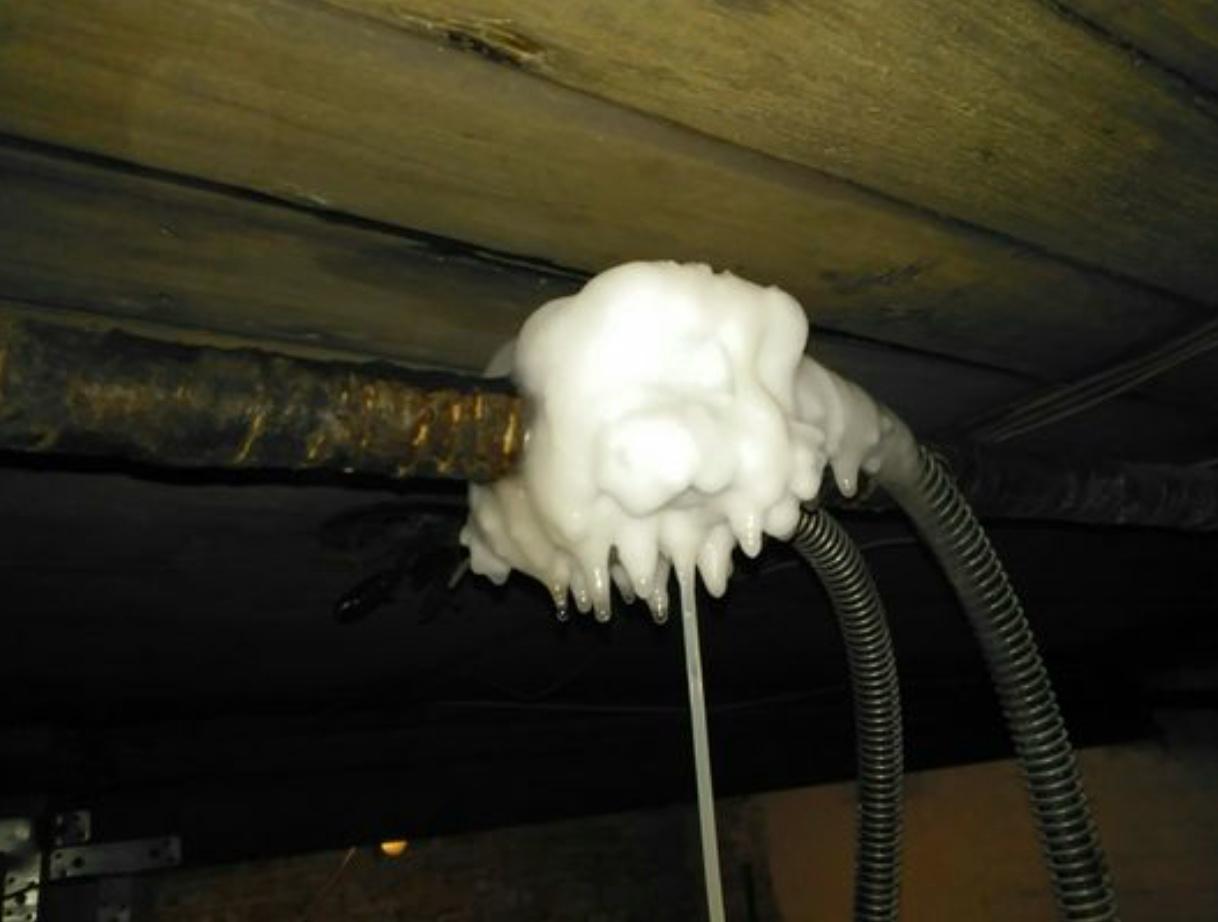
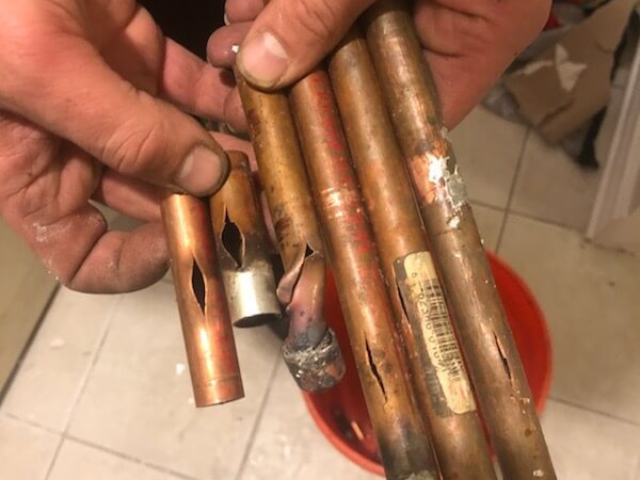
How do I prevent my water pipes from freezing in the future?
There are several things that could be done to minimize the risk of your pipes freezing when the temperatures drop. Here are some tips you could use to help prevent your pipes from freezing:
- Make sure that there is adequate heat in all areas where water pipes are close to the walls. This is especially important in colder basements where there is less heat. A cold basement where the water lines run along the wall or in uninsulated areas is usually the culprit.
- When the temperatures drop below zero, open your faucet valves and let your water trickle lightly. Moving water is more difficult to freeze and this method will help prevent your water lines from freezing.
- Call 4S Plumbing to inspect your home for exposed piping areas that may be susceptible to freezing. 4S Plumbers could install electrical heat tape around the pipes, which could be turned on during freezing temperatures and will keep the pipes warm so that they don’t freeze. Also, the plumbers could apply a specialized insulation around the pipes or even in the areas surrounding the pipes so that it protects them from freezing and bursting.
- Open cabinet doors around faucet areas to allow heat to get into areas where it may get really cold. Typically, in the bathrooms or kitchen. Leave a laundry room door open if your laundry room is not heated. Make sure your garage door is heated if there are water pipes running through there, and make sure heat is going into the area if possible.
- Make sure to shot down any water supply going to exterior water fixtures such as a water spigot, sillcock, or hose bib. You want to make sure to not only turn the valves off for the winter, but you also want to bleed to lines for any residual water in the line. This water sitting in the line can freeze and cause your pipes and water spigot to freeze and burst, which can cause flooding on the exterior and interior of your property.
